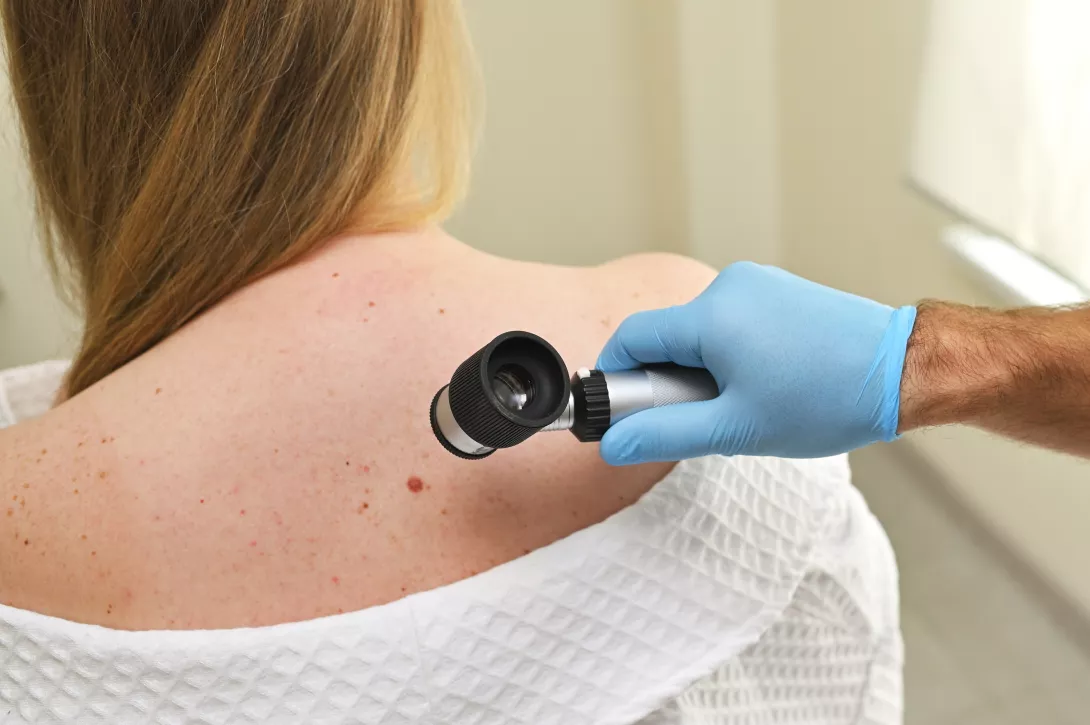Gut microbiota #22
By Pr. Satu. Pekkala
Academy of Finland Research Fellow, Faculty of Sport,
and Health Science, University of Jyväskylä, Finland
Lay public section
Find here your dedicated section
Sources
This article is based on scientific information
Sections

About this article
Microbiome connections to future childhood neurodevelopmental disorders
Neurodevelopmental disorders (NDs), such as autism spectrum disorder (ASD) seriously impact on central nervous system. Frequently, individuals with ASD have accompanying gastrointestinal (GI) symptoms, which may be explained by dysfunctional gut-brain axis. However, how the microbiome could affect the development of ND remains unclear. This study followed a Swedish birth cohort (n=16,440) for over 20 years, and studied the associations of several biomarkers, including the microbiota with future ND diagnosis. Among the early life ND risk factors, infections and exposure to antibiotics were identified, especially in individuals with ASD. In addition, several gut microbiota species, remarkably those belonging to Firmicutes phylum associated with GI problems. Children having frequent otitis episodes were more likely to develop ASD, while exposure to harmful chemicals predisposed to attention- deficit/hyperactivity disorde ADHD. The cord serum metabolome and lipidome, as well as stool metabolome were explored in ASD at birth and at 1 year of age. A decrease in crucial lipids, like α-linolenic acid and bile acids that may indicate inflammation, were detected in neonates with future ASD. The onset of gut microbial dysbiosis occurred early in life and associated with e.g. fatty acids and neurotransmitter precursors. Health beneficial and immunomodulatory Akkermansia muciniphila was absent in infants later diagnosed with ASD but was genera Akkermansia and Coprococcus, which were reduced in infants with future NDs, associated positively with fecal neurotransmitter precursors and essential vitamins.
To conclude, altogether the findings of this study suggest that early-life origins of NDs are mediated by the gut microbiota. This provides a foundation for developing early interventions for NDs and could serve as a tool to predict NDs early in life.
The causal relationship between gut microbiota and immune skin diseases
An increasing number of studies are reporting that many skin diseases are related to the overall balance of the body including homeostasis of the gut microbiota. Psoriasis (PSO), atopic dermatitis (AD), acne, and lichen planus are the most common skin disorders. PSO and AD have been linked to gastrointestinal health, and many studies have shown associations between acne and gut microbiota imbalance. However, whether these associations reflect a causal relationship remains unclear.

In this study, 175 patients were treated with ICB for advanced melanoma and the microbiome was analyzed with shotgun sequencing during the first 12-weeks of the treatment. Ultimately, progression free survival (PFS) was termed as the time from the initial immunotherapy to disease progression or death, and patients with a PFS of 12 months or longer and were compared with patients having a PFS of less than 12 months.
The results show that patients with PFS < 12 months had higher abundances of taxa that have been associated with inflammatory diseases. On the contrary, several taxa regarded as “proinflammatory” were enriched in patients with PFS ≥ 12 months. Interestingly, five taxa were consistently higher in patients with PFS ≥ 12 months. Namely, A. butyriciproducens group, I. bartlettii, Dorea sp. AF24 7LB, L. gasseri group and L. celerecrescens were higher in PFS ≥ 12 months, while other four taxa were consistently higher in patients with PFS < 12 months (R. lactatiformans, R. unclassified SGB15265 group, P. copri clade A and an unidentified species from the phylum Bacteroidetes).
Then, the authors tested the generalizability of the results using six independent melanoma cohorts. They found only in the cohort with a reasonably large number of patients (N = 112) that they could discriminate between patients with PFS ≥ 12 and PFS < 12 months. The authors conclude that their study underlines the dynamic nature of the gut microbiome and indicates that longitudinal profiling is critical for guiding microbiome-targeted interventions to improve treatment outcomes in advanced melanoma.
Longitudinal gut microbiome changes in immune checkpoint blockade-treated advanced melanoma
Immune checkpoint blockade (ICB) prolongs the survival of patients with different cancers at advanced stages. However, only a subset of patients responds to ICB, which may be related to gut microbiome but cross-sectional studies in the field report inconsistent findings. Therefore, longitudinal studies are needed.

In this study, full genetic association summary data for gut microbiota, psoriasis, atopic dermatitis, acne, and lichen planus was extracted from public databases. Then, the authors used bidirectional twosample Mendelian randomization (MR) analysis to investigate the possible causal relationship between the gut microbiota and skin diseases. A total of 18,340 individuals were included in the study, and genome-wide significant single nucleotide polymorphism (SNPs) associated with GM taxa were identified.
The authors found that there were five associated genera in the PSO group, seven associated genera in the AD group, a total of ten associated genera in the acne group, and four associated genera in the lichen planus group. However, when the results were corrected for false discovery rate, only the causal relationship between Eubacterium fissicatena group and PSO remained significant. Considering the cross-validation with the forward results, the reverse MR analysis did not give the same results as the forward. The authors conclude that their results showed a causal relationship between gut microbiota and immune skin diseases and provide a new therapeutic perspective for the study of immune diseases. Nevertheless, only the genus Eubacterium fissicatena group showed a significant relationship with one of the skin conditions studied.

